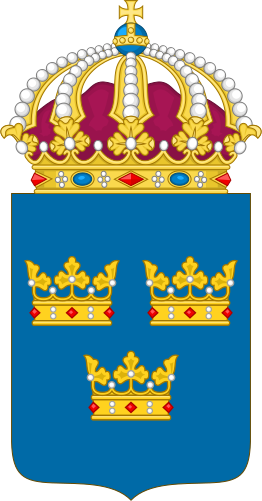Community / Land projects / Diakonia Strengthening CSOs for a life in dignity for all phase 2 - Diakonia Strengthening Congolese civil soc
Diakonia Strengthening CSOs for a life in dignity for all phase 2 - Diakonia Strengthening Congolese civil soc

€3061902.929
12/23 - 09/27
Ativo
This project is part of
Implementing Organisations
Donors
Data Providers
General
Diakonia is an international NGO working for a just equal, and sustainable world. The organisation supports civil society capacity building, gender justice, social and economic justice, peace and social cohesion. It works with people living in the most vulnerable conditions, local civil society partners and other strategic actors for the realization of the right to a dignified life for everyone without any form of discrimination. Diakonia has been active in the DRC since 1999 with an office in Kinshasa which currently employs 11 people and has direct partnerships with 18 CSOs. The Embassy has worked in partnership with Diakonia from 2018 to 2023 on the project Strengthening Civil Society Organisations in the DRC and this contribution will be a second phase of its project. The new phase is proposed for 37 months of implementation period plus 3 months of closing from 1 December 2023 to 31 March 2027 and will mainly be carried out at the level of 6 provinces including the City Province of Kinshasa and the provinces of Kongo Central, Kwilu, Maï-ndombe, Kasaï Central and Lualaba. In continuity with the first phase, the proposal addresses the issues of the chronic democratic deficit, the lack of awareness and respect for human rights, gender inequalities, and the absence of accountability of those in power to rights holders. So, it is highly relevant with the current context in the Democratic Republic of the Congo where the public space is increasingly limited in the face of upcoming elections in December 2023, people who defend human rights are particularly vulnerable, women are underrepresented in politics and still facing home and sexual violence. The development objective of the program is a democratic and stable state in the Democratic Republic of the Congo where people of all genders and ages can fully enjoy their freedoms, claim their rights, and live in peace and dignity. To this end, the overall program objective is to contribute to the strengthening of democracy and gender equality, and the respect of human rights in the Democratic Republic of the Congo. The Embassy assesses that Diakonia's objectives and theory of change are clear and seem realistic and consistent with the change sought. Also, the ownership and sustainability of the program were addressed as much as possible. To implement the activities, Diakonia will partner directly with nine CSOs, including seven working at the national level and two CSOs based in the provinces. The overall budget of SEK 35,000,000 is broken down as follows: 49% direct to partners projects, 11% for partners operational costs, 29% for Diakonia program staff, office and equipment costs, 4% for quality assurance management and 7% for global overhead costs. Considering the budget and the fact that about 50% of funds will be transferred to third parties, the contribution represents a great risk for the Embassy. However, given Diakonia's proven capabilities in risk management of this type of program, including mechanisms and routines anti-corruption both within its own structure and with its implementing partner, the Embassy agrees to take the risk since the program will be an asset for the democracy, gender equality and human rights portfolio.
Objectives
The development objective of the program is a democratic and stable state in the Democratic Republic of the Congo where people of all genders and ages can fully enjoy their freedoms, claim their rights, and live in peace and dignity. To this end, the overall program objective is to contribute to the strengthening of democracy and gender equality, and the respect of human rights in the Democratic Republic of the Congo. The four expected outcomes of the program are: 1. The selected partner CSOs have the operational and organizational capacity to effectively act to promote citizen participation, human rights, and gender justice. 2. Specific groups living in vulnerable conditions (human rights defenders, people in detention, populations living in mining areas, women, youth and people with disabilities) claim and defend their rights (land rights, access to basic services, and other human rights). 3. Women, youth and people with disabilities are better represented in decision-making bodies and laws and receive effective support from political parties and other structures. 4. Congolese citizens actively participate in electoral processes and in the development and monitoring of public policy implementation.



